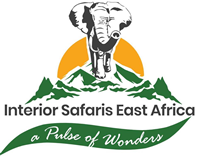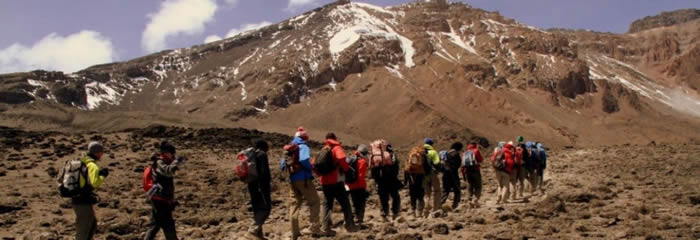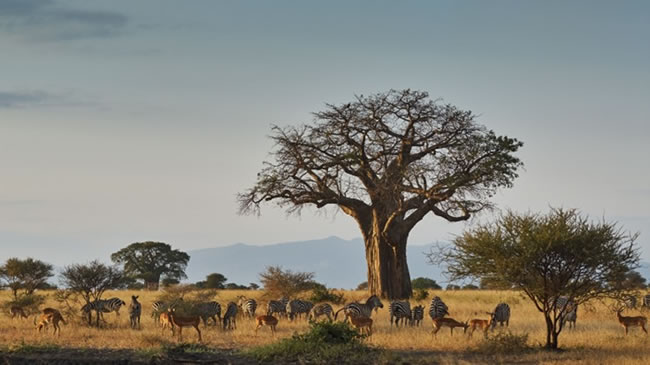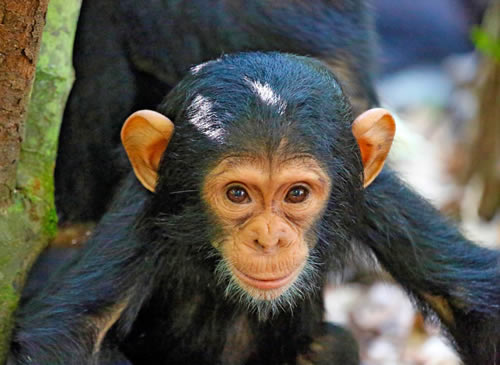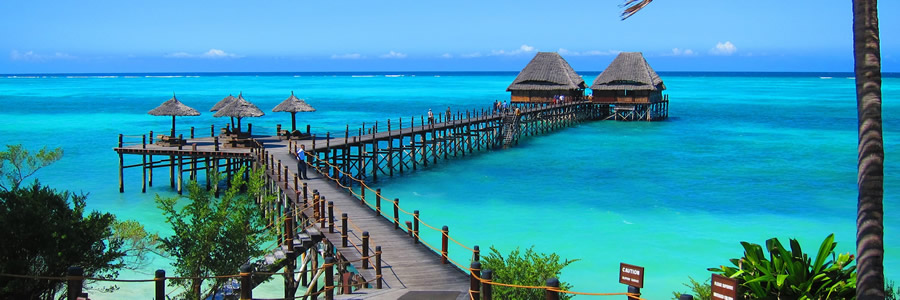Experience the Ultimate Safari in Tanzania & Climb Kilimanjaro
Embark on the adventure of a lifetime with our exclusive Safari Tanzania Kilimanjaro packages. Tanzania, a land of stunning landscapes and diverse wildlife, offers an unparalleled safari experience. Our tours are meticulously designed to bring you face-to-face with the majestic beauty of Africa, from the Serengeti’s vast plains to the challenging ascent of Mount Kilimanjaro.
Discover Tanzania’s Wildlife
Our safaris take you through Tanzania’s most iconic national parks. Witness the Great Migration in the Serengeti, explore the Ngorongoro Crater’s rich biodiversity, and encounter Tarangire’s legendary elephants. Each safari is led by experienced guides to ensure an unforgettable journey through Tanzania’s wild heart.
Climb Mount Kilimanjaro
Conquer Africa’s highest peak with our Kilimanjaro climbing expeditions. Whether you’re a seasoned climber or a first-timer, our tailored routes provide a safe and exhilarating climb. Experience breathtaking views and diverse ecosystems as you ascend to the summit. Our expert team supports you every step of the way, making your Kilimanjaro adventure safe and memorable.
Join us for an epic Safari Tanzania Kilimanjaro experience. With expert guides, comprehensive packages, and a commitment to conservation, we promise an adventure that’s not just a journey, but a contribution to preserving Africa’s natural heritage.
6 Days Kilimanjaro The Machame Route Kilimanjaro
Day 1: From Arusha drive to the Machame route, often called the “Whiskey Route”. Starting from the Machame Park entrance, the trail begins with a mild ascent through the ancient montane forest, adorned with distinctive “busy lizzie” flowers, begonias, and ferns. The first camp is set amidst towering heather at an elevation of 3,000 meters. This leg of the journey involves an elevation gain of 1,200 meters and requires approximately 5 to 6 hours of trekking.
Day 2: Transitioning out of the expansive heather zone, the trek continues across beautiful open moorland to reach the campsite near Shira Cave, located at an altitude of 3,840 meters. In this area, trekkers might spot herds of eland and, on rare occasions, lions! Additionally, the ancient volcanic caldera offers intriguing geological formations that can be explored in an optional half-hour walk in the afternoon. This segment involves climbing 840 meters and takes about 4 to 5 hours of walking.
Day 3: Leaving Shira, the route ascends towards Kibo, the main peak, where the western glaciers are distinctly visible across the stark, high-altitude desert scattered with volcanic rocks and boulders. Circling its base and passing beneath the formidable western Breach, the path then leads down into the protected Barranco Valley, where the midway camp is set at 3,950 meters. The journey takes 6 to 7 hours of walking, with a modest total elevation gain of 110 meters. However, the process of climbing higher before descending aids significantly in acclimatization.
Day 4: Ascend the steep slopes of the Barranco wall, navigating through sections that require minimal scrambling, before descending back into the Karanga Valley for a lunch break.
Following lunch, continue your journey towards Barafu Hut, situated at an altitude of 4600 meters. This segment of the hike, spanning 7 to 8 hours and encompassing an ascent of 650 meters, offers breathtaking panoramas of Mawenzi peak from the campsite. After enduring a demanding day of trekking, it’s essential to take sufficient rest to rejuvenate and prepare for the strenuous climb to the summit that awaits you early next morning.
Day 5: You begin a vigorous climb up the steep, frozen gravel slope, a challenging section found on all routes. Our goal is to surpass Gillman’s Point and continue to Stella Point along the crater rim in time for the sunrise. After another 40 minutes of effort, you’ll arrive at the continent’s summit (Kibo: 5900m), often basked in warm sunlight. The descent follows the Mweka route.
Ascent of 1,300m and about 7 hours trek to the summit; 2,600m descent and 6 to 7 hours trek to the Mweka campsite (3400m) above Mweka gate. This is a long hard day but you feel absolutely ecstatic when you have done it!
Day 6: From Mweka campsite it is a 4 to 5 hours descent through the forest to Mweka gate (depending on individual fitness) to collect certificates and meet the vehicle. Return to Arusha for the night.
Synopsis
Departure dates: Any time with a minimum of two people.
Season: the best times are January to March and June to December.
Scheduled group trips: Daily during best seasons.
Cost Includes:
- All transport by private vehicle to and from the mountain
- Accommodation as detailed on the itinerary.
- Services of a private mountain guide, cook and adequate porters to carry both trip provisions and client’s private bags.
- National Park entrance, accommodation and camping fees.
- All food and catering equipment – breakfasts, lunches (packed when necessary) and evening meals prepared by our own cook. Special dietary requirements are catered for with prior arrangements at no extra cost.
- Certificate of Achievement /appreciation from us.
- Free storage of excess baggage not required on the mountain hike.
- Crisis management apparatus – VHF 2-way radio/mobile phone, basic first aid kit and an on call vehicle.
Cost excludes:
- Travel and personal accident insurance.
- Visa, passport, vaccinations, medicines.
- Personal Mountain equipment.
- Tips.
- Expenditure on alcoholic drinks, souvenirs and other personal items.
- Optional excursions not detailed in the itinerary.
- Additional optional accommodation added at the base hotel or extra days on the mountain added.
- Treated drinking water other than boiled.
- Extra costs incurred in case of own intentional change of itinerary while already on trek.
- Porters to carry excess of 16Kg. personal luggage per client.
General: Accommodation is camping throughout in 3 person mountain tents shared by two people. All your equipment will be carried by vehicles or local porters; you only carry a daypack with personal gear. When camping you will not have to participate in camp chores. We buy fresh produce locally and to ensure good standards of hygiene all food is prepared by our own staff. We can cater for special dietary requirements and there are no extra food-kitty payments.
